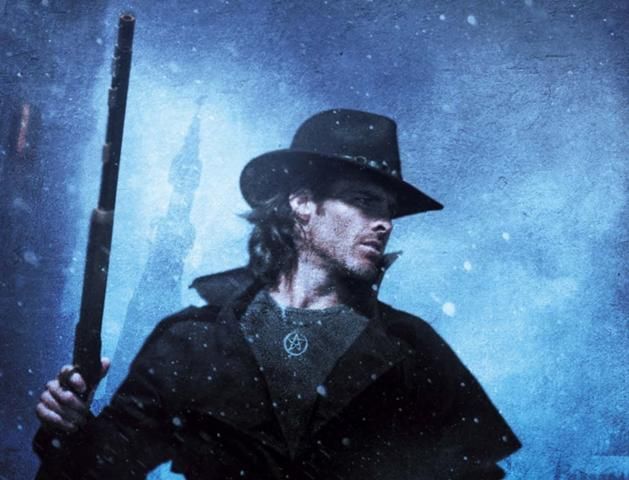
“Turns out your friend here is only mostly dead.” – Miracle Max, The Princess Bride
It certainly seemed that Harry Dresden, Chicago’s sole professional wizard, was as dead as dead could be. He was shot at the end of Changes and spent almost the entire length of Ghost Story haunting his friends and watching them deal with the fallout of his absence. But it seems that death is too good for Dresden. Before his assassination, he entered into a pact with Mab, Queen of the Winter Court of faeries, to be her Knight, a bound mortal servant who is equal parts enforcer and hitman. Mab absconds with Harry to her ice fortress and, by trying to kill him on a regular basis as he recuperates, ensures she’ll get the most from her investment. By the time Harry is up and about on his own, events are already in motion back home that will force him to take up his old duties, as well as dealing with his new ones, all while struggling against the price he must pay for the deal he struck to save his daughter.
Jim Butcher is an author rather skilled at shaking up the status quo and keeping the stakes on an ever-increasing level. Cold Days is a great example of this. From the intimate, personal start of the tale in the frozen halls of Arctis Tor, we watch Harry come to grips with his recuperation and new station and abilities. When Mab gives him his first true assignment – assassinate an immortal – he returns to Chicago, and things almost immediately threaten to blow out of control. Disaster looms, friends question his loyalty and sanity, and someone is most definitely out to kill him, permanently this time. Now more than ever, Harry has to walk a fine line between power and discretion, and after the events of Changes and Ghost Story, he worries about the impact his actions will have on his loved ones.
This is where Butcher really shines. Despite his ever-escalating levels of power, Dresden remains a sympathetic and likable protagonist. He may possess powers tied into the very creation of the Universe and now has access to superhuman levels of speed, strength, and resistance to cold, but he still sucks at talking to people, especially those he cares about, and his plans very rarely work out the way he would like. Still, his friends are there for him, and his interactions with them are the high points of the book.
If I had a major quibble with Cold Days it is that, for all of its action and dealing with Harry’s return to Chicago and great character moments, it mostly feels like set-up. There is some pay-off of previous plot points, to be sure, and the ending is still satisfactory, but the introduction of the ‘true cause’ of all the bad news in Harry’s life feels somewhat uninspired. On top of this, the suggested influence this previously unknown threat has had on Harry’s life plays out more like a retcon than a major revelation. It doesn’t really detract from any of the over-arching drama of the story in Cold Days, but I felt that existing threats could have been used more effectively rather than introducing something new. But we’ll see how it plays out.
Despite my nitpicks, Cold Days is a worthy return to form for the Dresden Files. I’m quite curious to see what happens next, mostly because Butcher continues to write characters that I enjoy and care about. If you’re a fan of the Dresden Files… well, you probably already read the book. If not, I’d say go back to Storm Front and get caught up. It’s well worth your time if you like modern supernatural urban fantasy.

